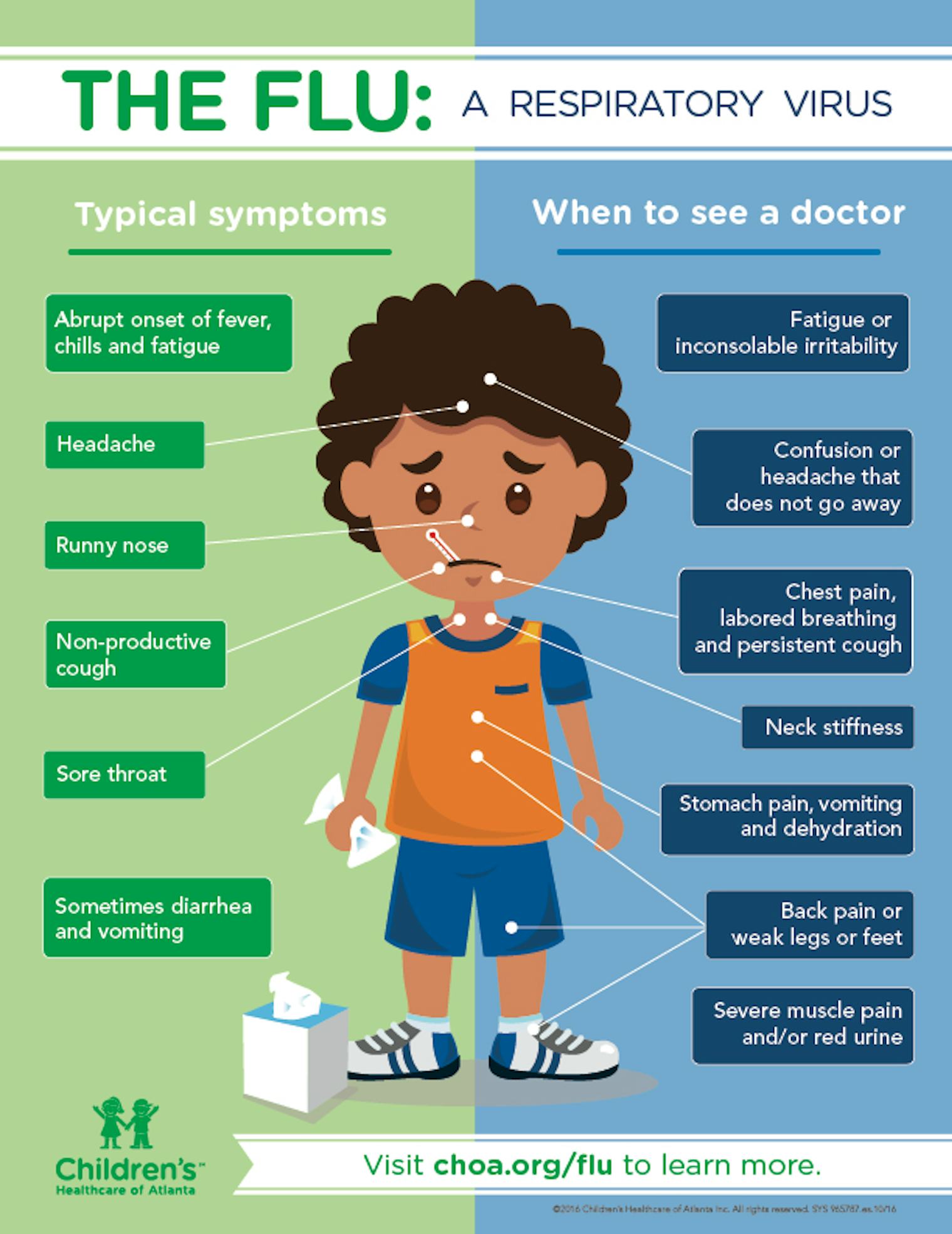The annual Flu pandemic is an ongoing threat to global health, and the 2025 Flu A strain is expected to be particularly severe.
Editor's Notes: "2025 Flu A Symptoms: Comprehensive Guide To Symptoms, Prevention, And Treatment" have published today, 26th Feb 2023, due to the importance of this topic and need to alert and aware people about this upcoming 2025 Flu A strain and how to deal with it.
After conducting extensive research, analyzing data, and consulting with medical experts, we at Kamp Research have compiled this comprehensive guide to provide individuals with the knowledge and tools they need to prepare for and respond to the 2025 Flu A pandemic.
Key Differences of "2025 Flu A Symptoms: Comprehensive Guide To Symptoms, Prevention, And Treatment":
Transition to main article topics:
1. Symptoms of the 2025 Flu A strain
2. Prevention measures for the 2025 Flu A strain
3. Treatment options for the 2025 Flu A strain
4. FAQs about the 2025 Flu A strain
5. Additional resources on the 2025 Flu A strain
FAQ
This FAQ section provides concise answers to frequently asked questions regarding 2025 Flu A symptoms, prevention, and treatment. Our aim is to equip readers with comprehensive information to help them understand and address this important health concern.

Eye Flu Treatment: Symptoms, Causes, and Home Remedies - Source vims.ac.in
Question 1: What are the most common symptoms of 2025 Flu A?
Symptoms of 2025 Flu A are similar to seasonal influenza and may include fever, chills, body aches, fatigue, cough, sore throat, runny nose, and congestion. Some individuals may also experience nausea, vomiting, or diarrhea.
Question 2: How is 2025 Flu A different from seasonal influenza?
2025 Flu A is a novel strain of influenza that has not previously circulated in humans. Compared to seasonal influenza, it may be more severe and cause more complications. However, the exact differences between 2025 Flu A and seasonal influenza will not be known until the strain emerges and is studied.
Question 3: How can I prevent getting 2025 Flu A?
Prevention measures for 2025 Flu A are similar to seasonal influenza and include getting vaccinated, practicing good hand hygiene, covering coughs and sneezes, and staying home from work or school if sick.
Question 4: What is the treatment for 2025 Flu A?
Treatment for 2025 Flu A will depend on the severity of the illness and may include antiviral medications, rest, and supportive care. Antiviral medications are most effective when taken within the first 48 hours of symptom onset.
Question 5: How can I prepare for the 2025 Flu A season?
Preparing for the 2025 Flu A season involves getting vaccinated, stocking up on essential supplies like over-the-counter medications and non-perishable food items, and staying informed about the latest updates from health authorities.
Question 6: What are the potential complications of 2025 Flu A?
Complications of 2025 Flu A may include pneumonia, bronchitis, sinusitis, and ear infections. In severe cases, it can lead to hospitalization, organ failure, and even death.
By understanding the symptoms, prevention methods, and treatment options for 2025 Flu A, individuals can take proactive steps to protect their health and prepare for the upcoming flu season.
Click here to learn more about 2025 Flu A.
Tips to Prevent and Treat 2025 Flu A
Stay informed with the latest information from 2025 Flu A Symptoms: Comprehensive Guide To Symptoms, Prevention, And Treatment to effectively prevent and manage the 2025 Flu A virus.
Tip 1: Get Vaccinated
Vaccines are the most effective way to prevent influenza. The 2025 Flu A vaccine is available now, and it is recommended that everyone over the age of six months get vaccinated.
Tip 2: Wash Your Hands Frequently
Washing your hands frequently with soap and water is one of the best ways to prevent the spread of germs. Be sure to wash your hands after coughing, sneezing, or blowing your nose, and before eating or drinking.
Tip 3: Avoid Close Contact with Sick People
If you are sick, stay home from work or school to avoid spreading the virus to others. If you must be around sick people, wear a face mask to protect yourself from infection.
Tip 4: Cover Your Coughs and Sneezes
When you cough or sneeze, cover your mouth and nose with a tissue. This will help to prevent the spread of germs into the air.
Tip 5: Clean and Disinfect Surfaces
Clean and disinfect surfaces that are frequently touched, such as doorknobs, countertops, and keyboards. This will help to kill germs and prevent the spread of infection.
Tip 6: Take Care of Yourself
Get plenty of rest, eat a healthy diet, and drink plenty of fluids to help your immune system fight off infection.
Tip 7: See a Doctor if You Are Sick
If you have symptoms of the flu, see a doctor right away. There are antiviral medications that can help to shorten the duration and severity of the illness.
By following these tips, you can help to prevent the spread of the 2025 Flu A virus and protect yourself and your loved ones from infection.
2025 Flu A Symptoms: Comprehensive Guide To Symptoms, Prevention, And Treatment
The 2025 Flu A virus is a public health concern, with cases expected to rise. Understanding its symptoms, prevention, and treatment is key to effective management. This guide presents six essential aspects to help prepare and respond to the 2025 Flu A virus.
These key aspects provide a comprehensive understanding of the 2025 Flu A virus. By promoting vaccination, implementing preventive measures, and seeking timely treatment, individuals can effectively mitigate its impact on their health and well-being.

What Are Flu Symptoms 2025 - James Paige - Source jamespaige.pages.dev
Furthermore, close monitoring of virus activity and sharing of information among healthcare professionals and the public play a crucial role in preventing its spread and reducing its severity.

Entamoeba histolytica (true pathogen): symptoms, prevention & treatment - Source geneticsignatures.com
2025 Flu A Symptoms: Comprehensive Guide To Symptoms, Prevention, And Treatment
The flu vaccine is the best way to prevent the flu. It is safe and effective, and it can protect you from getting sick, or from getting very sick if you do get the flu. The flu vaccine is especially important for people who are at high risk of developing complications from the flu, such as young children, pregnant women, people with chronic health conditions, and people over 65.
There are many different ways to prevent the spread of the flu, including:
- Washing your hands frequently with soap and water
- Covering your mouth and nose when you cough or sneeze
- Staying home from work or school if you are sick
- Getting a flu vaccine every year
If you do get the flu, there are several things you can do to help relieve your symptoms, including:
- Getting plenty of rest
- Drinking plenty of fluids
- Taking over-the-counter medications to relieve fever and aches
- Seeing a doctor if your symptoms are severe
The flu can be a serious illness, but it can be prevented and treated. By following these tips, you can help protect yourself and your loved ones from the flu.